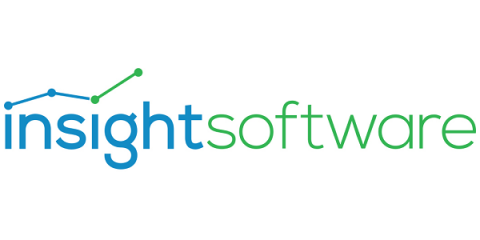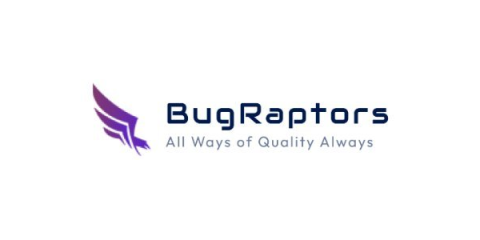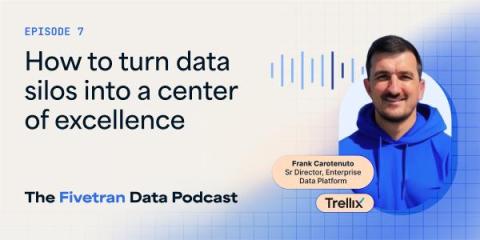Navigating the Nexus: Geopolitics, Cyber Threat Landscape, and Defensive Strategies
Geopolitical Instability Raises Threat of ‘Catastrophic Cyberattack in Next Two Years’- Global Cybersecurity Outlook 2023 – World Economic Forum As the world’s attention remains fixated on the unfolding events in Taiwan, Ukraine & Iran, it’s crucial to recognize that the theater of battle extends far beyond physical borders into the shadowy area of cybersecurity.











